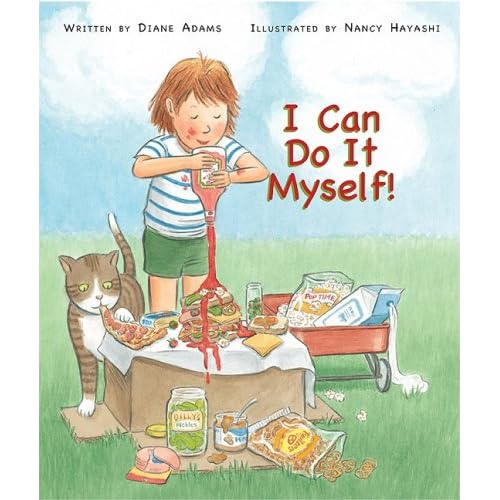Technically, this should be a review for
The Tiger's Wife. However, I am having a strangely difficult time writing the review for that book. In the meantime, here's a review for
The God of Small Things, which I also finished reading recently.
The God of Small Things
By Arundhati Roy
Random House 1997
I read
The God of Small Things as a part of an online book club at Goodreads. You do know about Goodreads, right? If not, check it out
here and look me up there! Moving right along...
When Rahel hears that her twin brother Estha has returned home, she leaves America to go back to Ayemenem, India. She is desperate to reconnect with her twin, her best friend, the only one who truly understands her. Rahel’s return back to their childhood home brings back a lifetime of painful memories that she had tried to distance herself from. She cannot help but remember the summer that their lives changed forever – the summer that their cousin Sophie Mol came to visit.
I had trouble getting through this book. While I think Ms. Roy can write very beautifully, this book is just too overwhelming. Each page you turn is filled with pain, inflicted by society, by circumstance, by the people who claim to love their victims. It’s very hard to take, especially as there is no change. This is not a book where one terrible event leads to a change in the lives of those it touches. Rather in this book, the terrible event in question only mires the characters deeper in the hell in which they live and never are able to escape.
I believe that this is an intentional choice on the author’s part and reflective of Indian culture. The caste system does terrible things to those who are enslaved by it but, even so, their personal conflicts are never worthy in the face of the problems of an evolving nation. “He didn’t know that in some places, like the country that Rahel came from, various kinds of despair competed for primacy. And that personal despair could never be desperate enough. That something happened when personal turmoil dropped by at the wayside shrine of the vast, violent, circling, driving, ridiculous, insane, unfeasible, public turmoil of a nation. That Big God howled like a hot wind, and demanded obeisance. Then Small God (cozy and contained, private and limited) came away cauterized, laughing numbly at his own temerity. Inured by the confirmation of his own inconsequence, he became resilient and truly indifferent. Nothing mattered much. Nothing much mattered. And the less it mattered, the less it mattered. It was never important enough. Because Worse Things had happened. It was never important enough. In the country that she came from, poised forever between the terror of war and the horror of peace, Worse Things kept happening.”
Perhaps because of this, I had a difficult time relating to the characters. Some of it may have been cultural, but the adult were so busy hurting each other (and the children!) that it was difficult to really feel compassion for their pain. I almost stopped reading in the moment when the twins’ mother tells them that when they are careless with their words, it makes people love them a little less. The poor children are certainly victims in their circumstances, but they are so wrapped up in being twins, that one feels as if they are living in their own world.
Ms. Roy gives her readers an intense look into the complexities of being a twin and living in a culture where you are not valued. There’s no levity to offset the pain that the characters are constantly experiencing, which makes it a very difficult book to read and, perhaps, an even harder book to enjoy.







 I would like to take a moment to note that, despite the fact that I have been plugging away at this book since January, I am actually a very fast reader. The problem is that Volume 1 is a hefty 700 plus pages, including a very thorough index and lengthy explanatory notes. It just does not fit in the purse so easily. And so it has remained next to my bed for the past seven months, waiting patiently for a few spare moments before sleep.
I would like to take a moment to note that, despite the fact that I have been plugging away at this book since January, I am actually a very fast reader. The problem is that Volume 1 is a hefty 700 plus pages, including a very thorough index and lengthy explanatory notes. It just does not fit in the purse so easily. And so it has remained next to my bed for the past seven months, waiting patiently for a few spare moments before sleep.





 Joan Didion’s memoir The Year of Magical Thinking has been on my radar for a while. When I happened to spot it out of the corner of my eye on a trip to the library, I grabbed it and added it to the pile.
Joan Didion’s memoir The Year of Magical Thinking has been on my radar for a while. When I happened to spot it out of the corner of my eye on a trip to the library, I grabbed it and added it to the pile.
